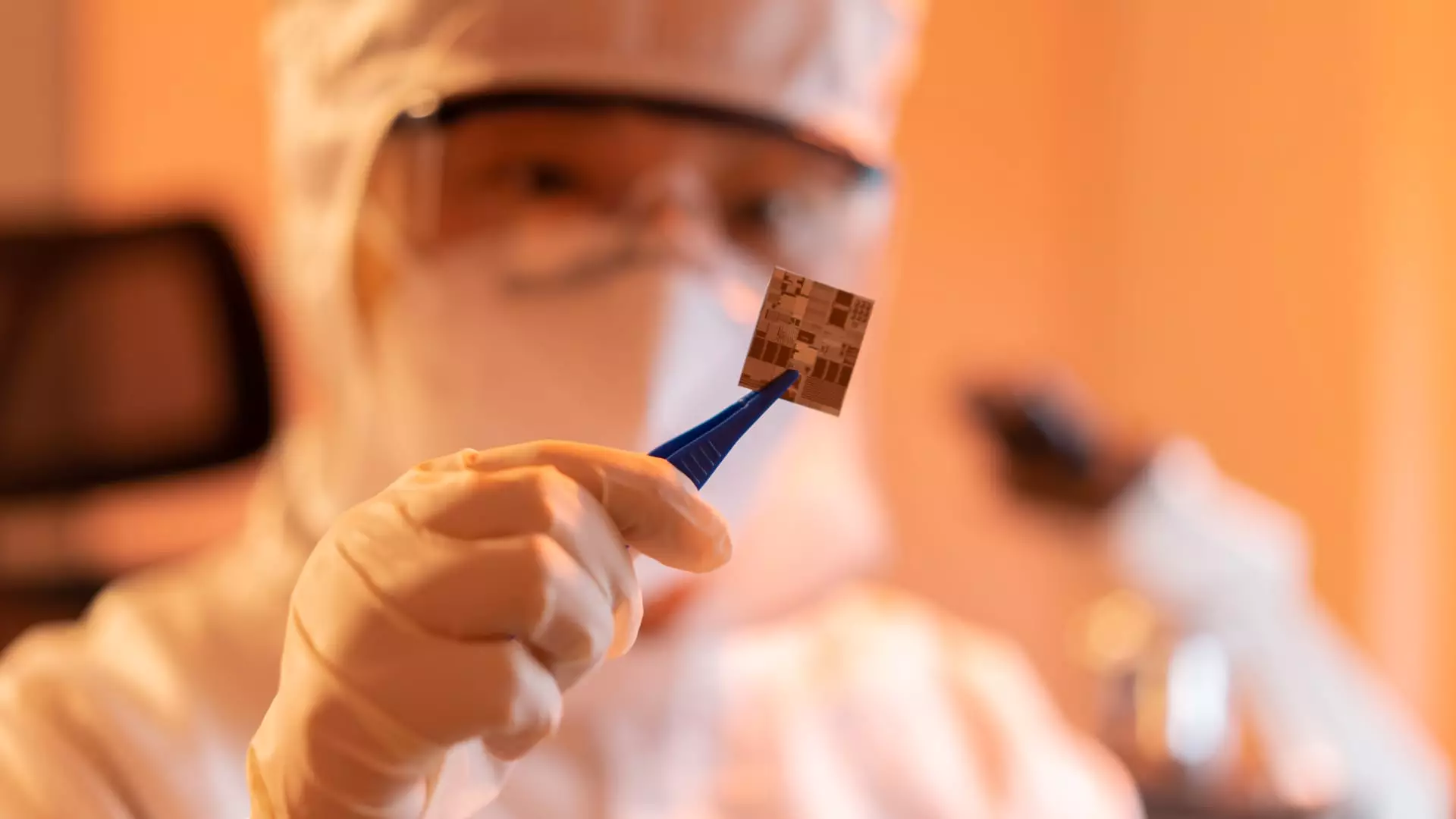Recently, Bloomberg reported that the Biden administration is considering further tightening restrictions on China’s access to chip technology critical for artificial intelligence. The focus would be on high-tech chip architecture, specifically gate all-around (GAA) technology. This new transistor architecture has the potential to enhance performance and reduce power consumption, making it a significant advancement in the field of chip technology.
Major tech companies like South Korea’s Samsung Electronics and Taiwan Semiconductor Manufacturing Company (TSMC) are already embracing GAA technology. Samsung has started production for 3-nanometer chips with GAA architecture, while TSMC plans to incorporate GAA in its upcoming 2-nanometer chips. These developments have led to positive stock movements for both companies, with TSMC and Samsung Electronics seeing increases in their share prices.
The U.S. is currently in the process of determining the scope of potential restrictions on GAA technology. While the exact details are still unclear, the measures are aimed at making it more challenging for China to acquire advanced computing systems necessary for building and running AI models. The Department of Commerce and the Bureau of Industry and Security are overseeing these efforts, signaling the importance of national security concerns in the realm of tech exports.
In response to potential U.S. restrictions, China has invested heavily in semiconductor technology to enhance its self-reliance in science and technology. The country recently poured billions of Chinese yuan into a semiconductor fund, indicating its commitment to reducing dependence on foreign chip technology. Meanwhile, other nations, such as the U.S. and the Netherlands, are also taking steps to counter China’s technological advancements, as seen in the Dutch government’s decision to restrict chip equipment exports to China.
The potential tightening of restrictions on China’s access to chip technology by the U.S. could have significant implications for the global tech industry. As major players like Samsung and TSMC continue to innovate with GAA technology, the competitive landscape may shift depending on how countries navigate the intersection of national security, trade, and technological advancement. The outcome of these developments will likely shape the future of AI and semiconductor technology on a global scale.

